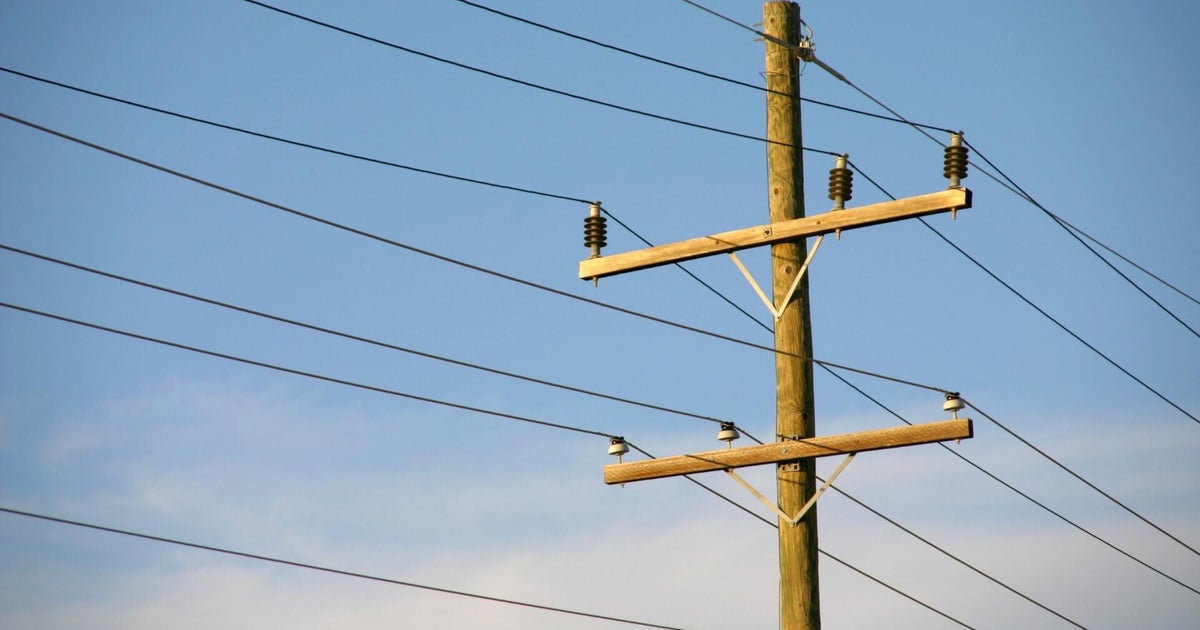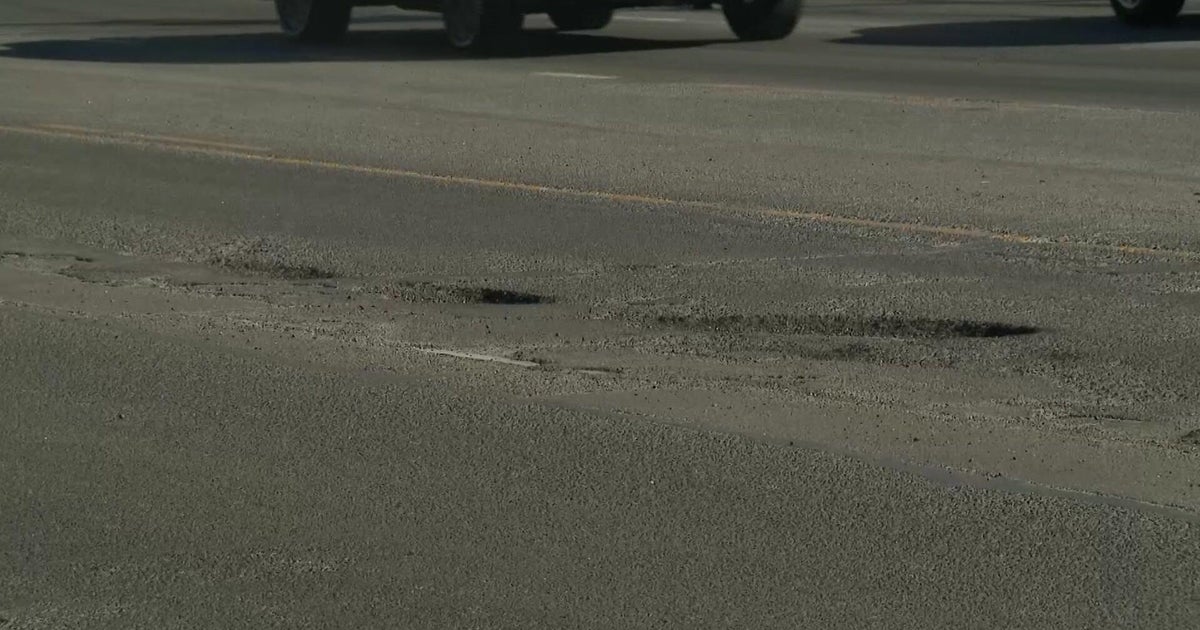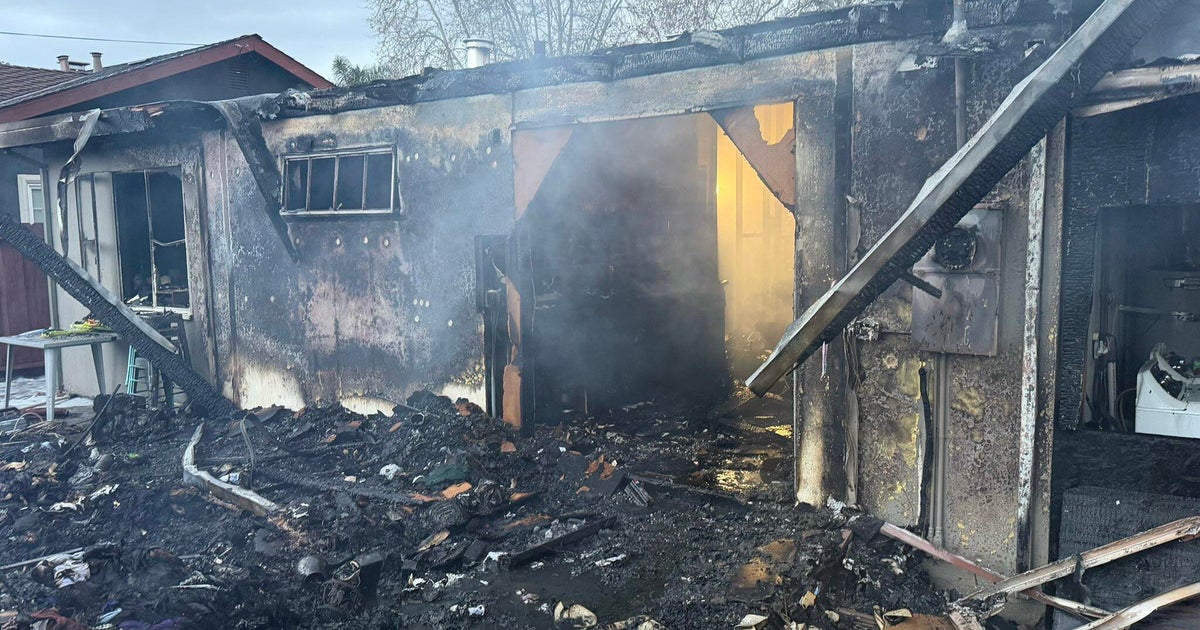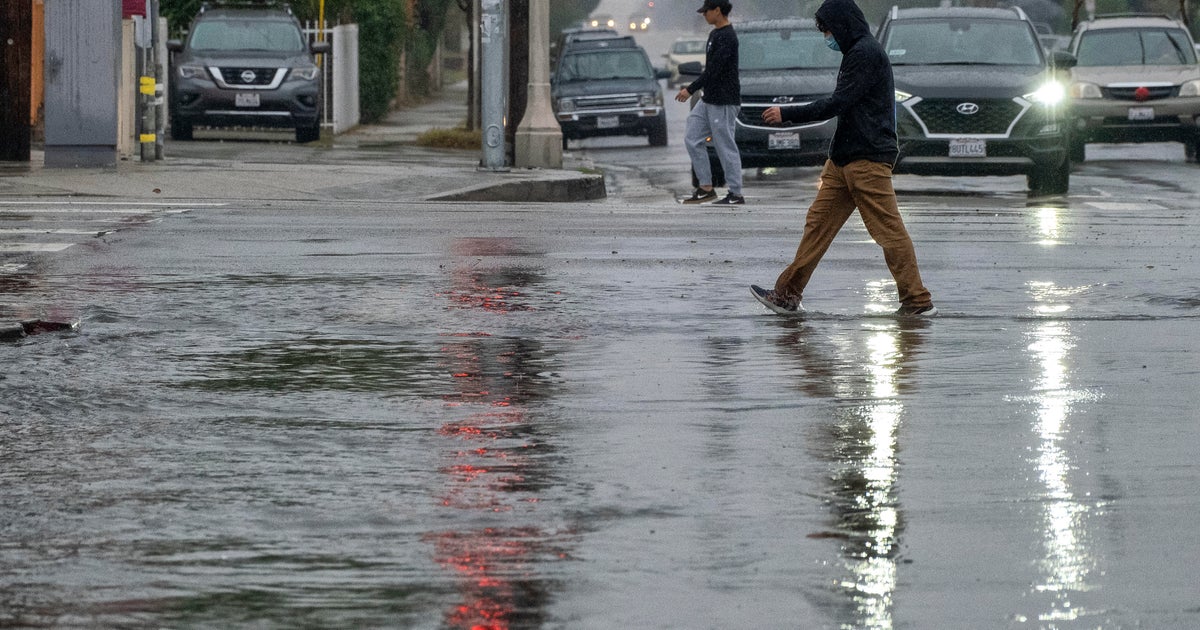Leaders: Don't Panic Over Haiti Cholera Outbreak
LITTLE HAITI (CBS4) - A deadly cholera outbreak in Haiti has not been contained and has yet to reach its peak. That's the warning from a top United Nations health official who warns the disease could take even more lives. But here in South Florida, a reminder to residents that there's nothing to fear.
United Nations officials say more than 3,600 people have contracted cholera in Haiti, as of late Tuesday, 284 have died from it.
The World Health Organization said its main goal now is to keep the outbreak from spreading south to the capital, Port-au-Prince, where hundreds of thousands of survivors of January's massive earthquake are living in crowded and unsanitary camps. The outbreak has largely been confined to the Artibonite region of central Haiti.
Here in South Florida, health, community and religious leaders are telling the public that there's need for fear or panic here.
"This is a disease that is transmitted through water and food so one of the things that we are going to need is water," said Dr. Georges Metellus of the Center for Haitian Studies.
In Haiti, clean water and sanitation are hard to come by. It is the children who are most vulnerable to cholera's worst effects.
"Profuse watery diarrhea particularly for the children," said Marie Etienne of the Haitian Professional Coalition. "If children are not treated immediately they will suffer the consequences of severe dehydration and ultimately die."
As South Florida's Haitian-American community prays for the people back home, they're asking others not to panic due to fears of a cholera threat here.
"There's no need to use the scare or the fear of what is happening in Haiti right now to alienate ourselves or separate ourselves from the people that we love in our community. It is safe to visit the Haitian restaurants, it is safe to interact with the Haitian children in our schools," said Father Alberto Cutie.
Cholera, a bacterial infection, is spread by contaminated water, food and human waste. The disease is treatable but can kill within hours without treatment.
A contaminated river in the Artibonite region is the suspected source of the outbreak.
CBS4's Gary Nelson contributed to this report.







